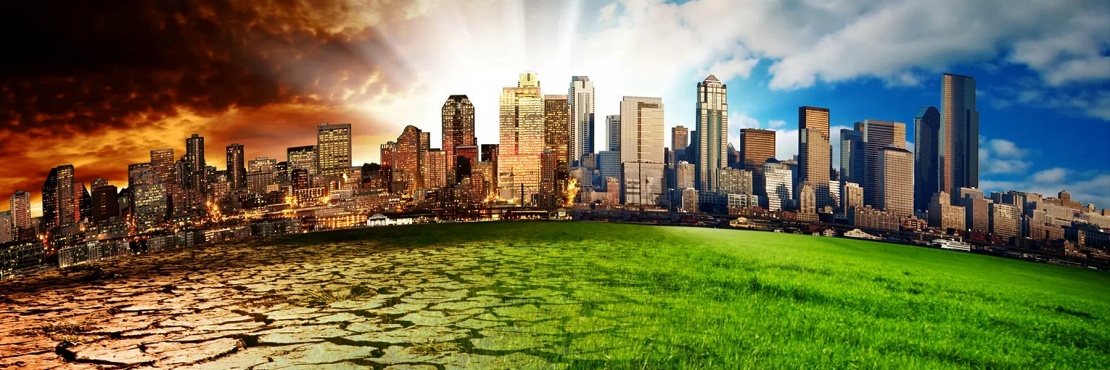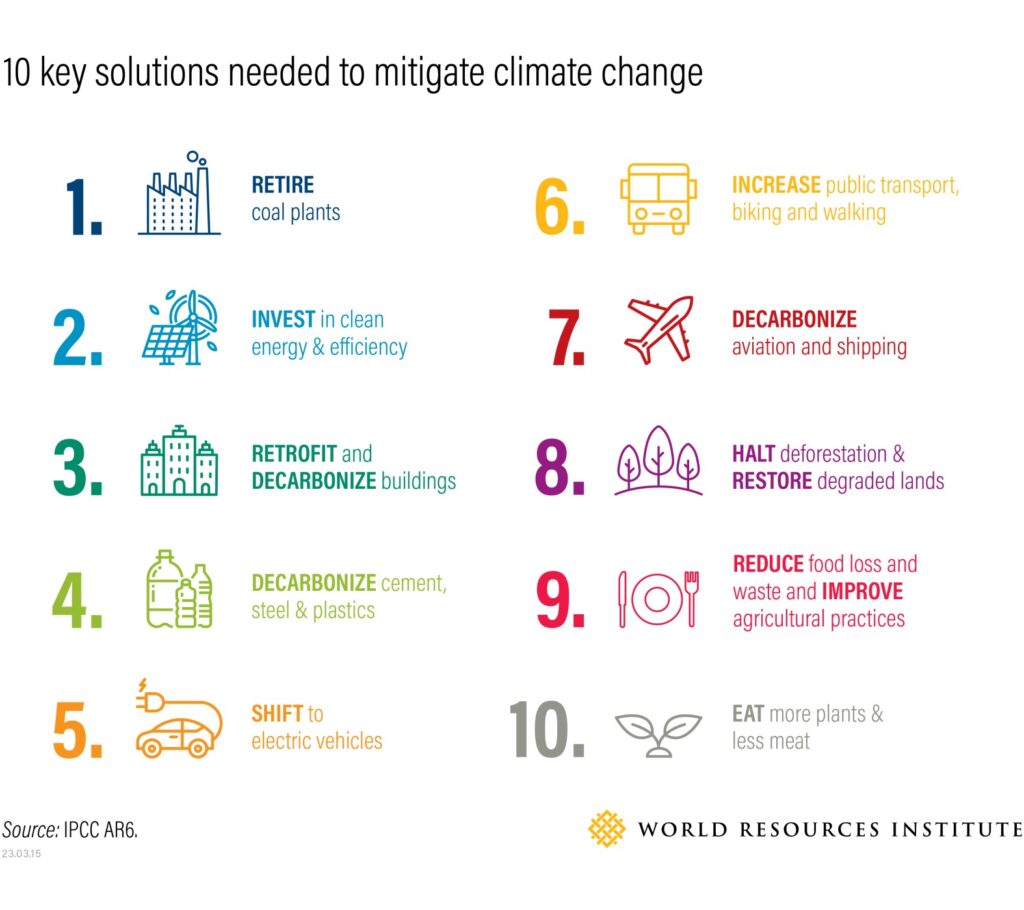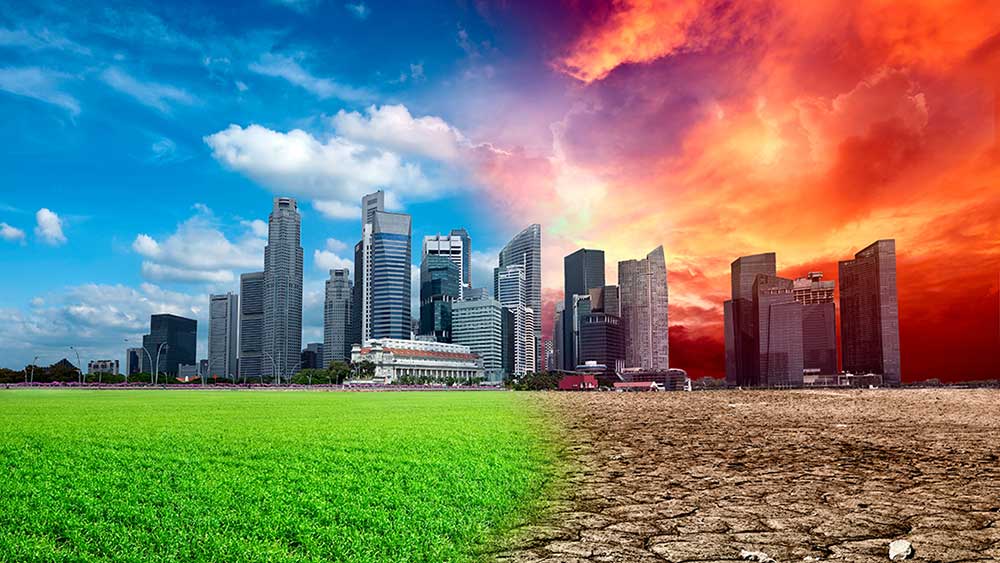UN Staff of United Nations Sustainable Development Group writes:
Scientists from the authoritative UN Intergovernmental Panel on Climate Change (IPCC), in a much-anticipated report, urged for immediate action that can be taken now, to reduce greenhouse gas emissions and adapt to human-caused climate change.
The study, “Climate Change 2023: Synthesis Report”, released following a week-long IPCC session in Interlaken, brings into sharp focus the losses and damages experienced now, and expected to continue into the future, which are hitting the most vulnerable people and ecosystems especially hard.
Green/natural and blue infrastructure such as urban forestry, green roofs, ponds and lakes, and river restoration can mitigate climate change through carbon uptake and storage, avoided emissions, and reduced energy use while reducing risk from extreme events such as heatwaves, heavy precipitation and droughts, and advancing co-benefits for health, wellbeing and livelihoods.
Temperatures have already risen to 1.1 degrees Celsius above pre-industrial levels, a consequence of more than a century of burning fossil fuels, as well as unequal and unsustainable energy and land use. This has resulted in more frequent and intense extreme weather events that have caused increasingly dangerous impacts on nature and people in every region of the world.
Climate-driven food and water insecurity is expected to grow with increased warming: when the risks combine with other adverse events, such as pandemics or conflicts, they become even more difficult to manage.
Time is short, but there is a clear path forward
If temperatures are to be kept to 1.5 degrees Celsius above pre-industrial levels, deep, rapid, and sustained greenhouse gas emissions reductions will be needed in all sectors this decade, the reports states. Emissions need to go down now, and be cut by almost half by 2030, if this goal has any chance of being achieved.
The solution proposed by the IPCC is “climate resilient development,” which involves integrating measures to adapt to climate change with actions to reduce or avoid greenhouse gas emissions in ways that provide wider benefits.
Examples include access to clean energy, low-carbon electrification, the promotion of zero and low carbon transport, and improved air quality: the economic benefits for people’s health from air quality improvements alone would be roughly the same, or possibly even larger, than the costs of reducing or avoiding emissions.
Excerpts from the report:
“Several mitigation options, notably solar energy, wind energy, electrification of urban systems, urban green infrastructure, energy efficiency, demand side management, improved forest- and crop/grassland management, and reduced food waste and loss, are technically viable, are becoming increasingly cost effective and are generally supported by the public, and this enables expanded deployment in many regions.”
“Green/natural and blue infrastructure such as urban forestry, green roofs, ponds and lakes, and river restoration can mitigate climate change through carbon uptake and storage, avoided emissions, and reduced energy use while reducing risk from extreme events such as heatwaves, heavy precipitation and droughts, and advancing co-benefits for health, wellbeing and livelihoods. Urban greening can provide local cooling. Combining green/natural and grey/physical infrastructure adaptation responses has potential to reduce adaptation costs and contribute to flood control, sanitation, water resources management, landslide prevention and coastal protection. Globally, more financing is directed at grey/physical infrastructure than green/natural infrastructure and social infrastructure, and there is limited evidence of investment in informal settlements.”
“The greatest gains in well-being in urban areas can be achieved by prioritising finance to reduce climate risk for low-income and marginalised communities including people living in informal settlements.”
Read more: New UN Report offers a 'survival guide for humanity' in the face of climate change
 Greenroofs.comConnecting the Planet + Living Architecture
Greenroofs.comConnecting the Planet + Living Architecture










